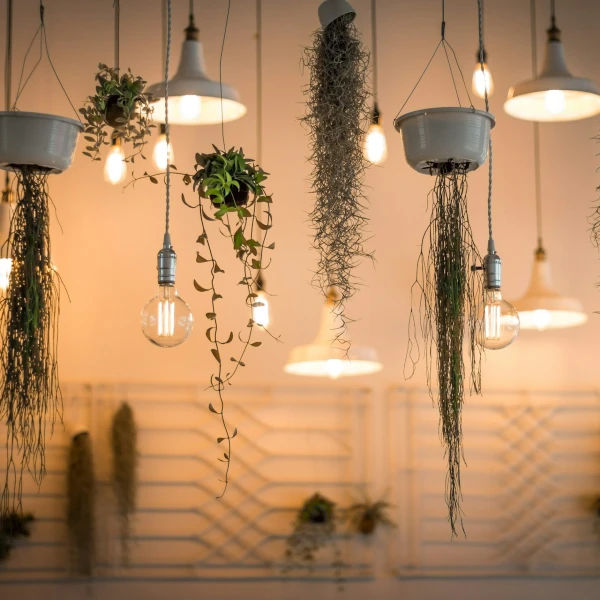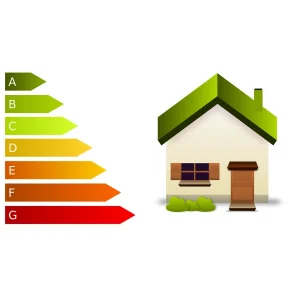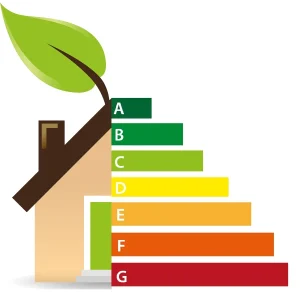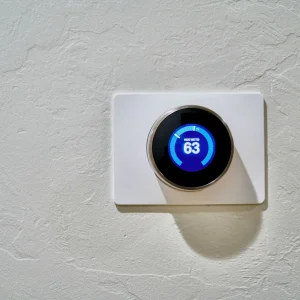Are you tired of dim, flickering lights in your home? Or maybe you’re just looking to upgrade to something more energy-efficient and cost-effective? LED lighting might be the perfect solution for you! In this article, we’ll guide you through everything you need to know to choose the right LED lighting for your home.
Understanding LED Lights
LED stands for Light Emitting Diode. Unlike traditional incandescent bulbs, LED lights don’t rely on heating a filament to produce light. Instead, they use semiconductor technology, making them more energy-efficient and durable.
Benefits of LED Lighting
- Energy Efficiency: LED lights use significantly less energy than traditional bulbs, which means lower electricity bills for you!
- Longevity: LED bulbs can last up to 25 times longer than incandescent bulbs, saving you money on replacements in the long run.
- Environmental Friendly: LED lights are eco-friendly because they consume less energy and contain no harmful substances like mercury.
Types of LED Bulbs
From standard A19 bulbs to decorative candelabra bulbs, LED lighting comes in various shapes and sizes to suit different fixtures and preferences.
Choosing the Right Color Temperature
LED lights come in different color temperatures, ranging from warm (yellowish) to cool (bluish) hues. Consider the ambiance you want to create in each room when selecting the color temperature.
Lumens and Brightness
Forget about watts – when it comes to LED lighting, lumens are the new standard for measuring brightness. The higher the lumens, the brighter the light.
Energy Efficiency
LED lights are champions of energy efficiency, converting almost all the electricity they use into light. This means less wasted energy and more savings for you!
Compatibility with Fixtures
Before purchasing LED bulbs, ensure they are compatible with your existing fixtures. Some LED bulbs may not fit properly or work well with certain types of fixtures.
Dimmability
Not all LED bulbs are dimmable. If you want the flexibility to adjust the brightness levels in your home, make sure to choose dimmable LED bulbs.
Longevity and Durability
LED bulbs are built to last, with an average lifespan of 15,000 to 50,000 hours. Plus, they’re more durable than traditional bulbs, making them resistant to shocks and vibrations.
Cost Considerations
While LED bulbs may have a higher upfront cost compared to incandescent bulbs, their long lifespan and energy savings make them a cost-effective choice in the long term.
Environmental Impact
By switching to LED lighting, you’re not only saving money but also reducing your carbon footprint. LED bulbs produce less greenhouse gas emissions and last longer, reducing the need for frequent replacements.
Warranty and Support
When purchasing LED bulbs, look for reputable brands that offer warranties and reliable customer support. This ensures peace of mind and assistance if you encounter any issues.
Installation Process
Installing LED bulbs is a breeze – simply screw them into your existing fixtures just like you would with traditional bulbs. No special equipment or expertise required!
Maintenance Tips
LED bulbs require minimal maintenance, but it’s essential to keep them clean and free from dust to maintain optimal performance. Simply wipe them with a dry cloth occasionally to remove any buildup.
Conclusion
Choosing the right LED lighting for your home can make a significant difference in energy efficiency, cost savings, and overall ambiance. By considering factors such as color temperature, brightness, and compatibility, you can create a well-lit and inviting space while reducing your environmental impact.
Frequently Asked Questions
Are LED lights dimmable?
Yes, many LED bulbs are dimmable, but it’s essential to check the product specifications to ensure compatibility with your dimmer switch.
Do LED bulbs get hot?
LED bulbs produce very little heat compared to traditional incandescent bulbs, making them safer to touch and reducing the risk of fire hazards.
Can LED lights be used outdoors?
Yes, there are LED bulbs specifically designed for outdoor use, but make sure to check the product packaging for weatherproof ratings.
Are LED bulbs suitable for enclosed fixtures?
While many LED bulbs are suitable for enclosed fixtures, it’s crucial to check the manufacturer’s recommendations to prevent overheating and ensure optimal performance.
Do LED bulbs contain mercury?
No, LED bulbs do not contain mercury or other harmful substances, making them safer for the environment and easier to dispose of compared to CFL bulbs.




